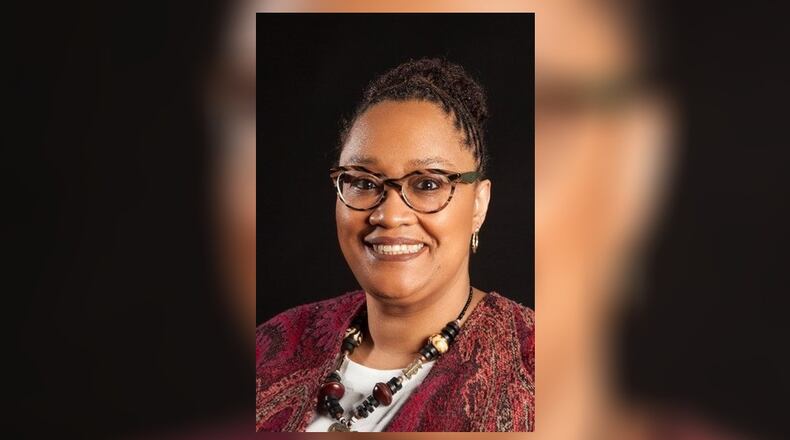Yes, it’s clear there has been a de facto resegregation of the schools in Dayton, due to a multitude of factors, which many believe is detrimental to the students and community. But, I propose that we not miss an element that always has and always will sustain the Black community: Social cohesion. The shared sense of identity in the community around our collective needs, challenges, and triumphs is what continues to make Dayton priceless and full of potential.
The people in this community have not given up on Dayton. Across racial, economic, religious and political boundaries, Daytonians have taken responsibility for one another. They problem solve. They develop coalitions across all sections: non-profits, churches, business & industry, city government and education to meet the needs of our most vulnerable community members: students, families in need, immigrants, those suffering from and impacted by addiction. The social cohesion in this region is remarkable and deserves recognition for the many organizations that are rising to nurture and rebuild this community.
While I cannot list them all, highlighting a few programs is worthwhile to demonstrate how social cohesion has sustained and improved the quality of life for families in Dayton. If you have the time, means and desire consider supporting anyone of these organizations that have diligently worked to plan, fix, fill in gaps, nurture and champion the Dayton community for years: The Omega Community Development Corporation, The Urban League, The NAACP, The National Council of Negro Women, Learn to Earn Dayton, Welcome Dayton, Good Neighbor House, House of Bread, Wright Dunbar Incorporated, The Dakota Center, The National Conference for Community and Justice of Greater Dayton, The Dayton Metro Library System, Miami Valley Community Action Partnership and Greater West Dayton Incubator.
Of course, this does not mean that we ignore the serious impact a segregated city has on all of us. We should question practices, create opportunities for reviving city neighborhoods, fund initiatives to bring and retain diverse young professionals in the area. Encourage small business and industry to remain within the city limits through grants, tax incentives and a highly educated workforce as a byproduct of strong public school systems and local institutions of higher education. Indeed, it is this high level of cohesion, collectivism and action that has been the fulcrum of change in the region for many years.
Rochonda L. Nenonene, Ph.D. is the First Year Experience Coordinator and Founding/Co-Program Director of the Urban Teacher Academy and an Associate Professor at the University of Dayton.
About the Author
